The Racial Equity in Policy and Planning (REPP) program promotes racial justice in the public policy and planning fields. Dismantling and remedying the deep-seated historical inequities that policy and planning has contributed to means changing how policy and planning is practiced, as well as who is doing the work. Black, Indigenous, and People of Color practitioners have been historically underrepresented in policy and planning, while their communities have been the most harmed by racial segregation and other social, economic, and environmental inequities that policy and planning have contributed to. This initiative is hosted by UEP, in partnership with Tisch College of Civic Life.
The REPP Fellowship supports five students per year to complete UEP’s MA in Urban and Environmental Policy and Planning / MS in Environmental Policy and Planning programs and supports their leadership in the field. Fellows are individuals who have already demonstrated a commitment to and have experience in advancing racial justice, and who exhibit potential to be racial justice change agents in the policy and planning fields. REPP fellows receive stipends, generous tuition scholarships, support to secure paid internships, and programming to build leadership skills, develop networks, and provide socio-emotional support. REPP will also offer workshops and create a learning community for all who want to pursue anti-racist practices, policies, and outcomes in policy and planning.
To be considered for the REPP Fellowship, applicants must first apply to and be admitted to the MA in Urban and Environmental Policy and Planning / MS in Environmental Policy and Planning programs. REPP fellowship selection occurs in March, so potential candidates should apply to UEP by the January 15 deadline. REPP will prioritize fellows who intend to develop their careers in the region (Massachusetts and New England) and who will, collectively over time, bend the arc of policy and planning practice towards racial justice.
Interested in REPP Fellowship MA in Urban and Environmental Policy and Planning MS in Environmental Policy and Planning Admissions
2023 REPP Fellows
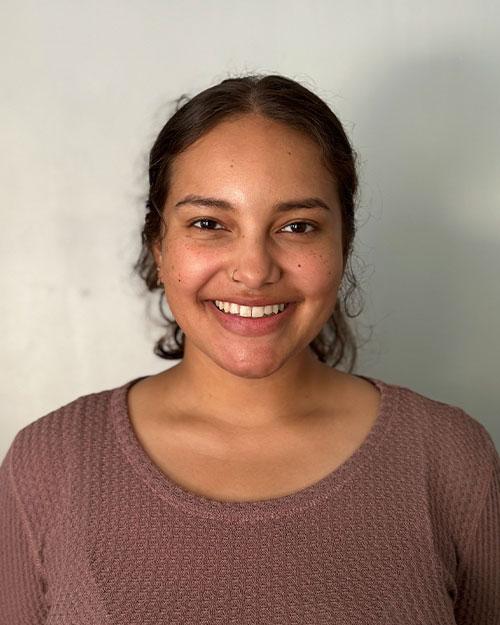
Isabella Buford
Isabella Buford (She/Ella) is a first-generation college student from the Imperial Valley in Southern California. After receiving her BS in Environmental Policy Analysis and Planning from UC Davis, she continued working at the Early Childhood Lab studying childhood development. As a Child Development Lead Teacher, she worked with low-income and underserved student-families to provide tailored curriculum for indoor and outdoor classrooms. She is passionate about the impact green spaces have on communities and developing children. Bella is motivated to continue working with low-income and historically marginalized families to increase their access to green spaces, high quality education, and connected communities.

Maria Rodriguez Ortega
Maria Rodriguez Ortega (She/Her) was born in Santo Domingo, Dominican Republic. She is a first-generation immigrant and first-generation college student. She holds a BA in Environmental Science, with a minor in Latino studies from UMass Boston. She is passionate about applying an intersectional lens in her work. Since her teens, she has been involved in opportunities that helped shape her passions: environmental justice, community organizing, and environmental policy in cities. In her free time, you can find her swimming in the ocean, playing tennis, and mindfully exploring the outdoors.
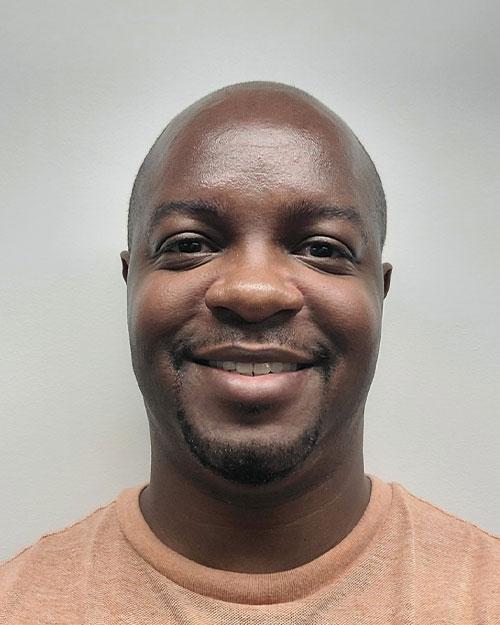
Derrick Seegars
Derrick Seegars (He/Him) is originally from New York City and has a bachelor’s degree in Architectural Technology from New York City College of Technology (CUNY). He is a NOAA EPP/MSI Fellow as well as a Gensler Rising Black Designer Scholar. Derrick is passionate about creating sustainable structures that help mitigate climate change and infrastructures that co-exist with the natural habitat by using renewable energy and innovative materials. Derrick hopes to combine his expertise in architecture and knowledge of the environment to be a liaison between policy makers, government officials, and developers to address environmental issues that plague marginalized communities and help mitigate climate change through sustainable measures.
2022 REPP Fellows

Melissa Cepeda
Melissa Cepeda is a first-generation M.A. student from The Bronx, NY. She holds a B.A. in International Relations with a minor in Peace and Justice Studies from Tufts. Upon graduating in 2021, Melissa participated in the yearlong DonorsChoose fellowship, where she worked towards addressing systemic educational inequality and bridging the education gap in America’s public schools. Melissa’s upbringing in the South Bronx has motivated her to look closely at urban planning’s legacy of racism, specifically around the intersections of race, food justice, and equitable education.
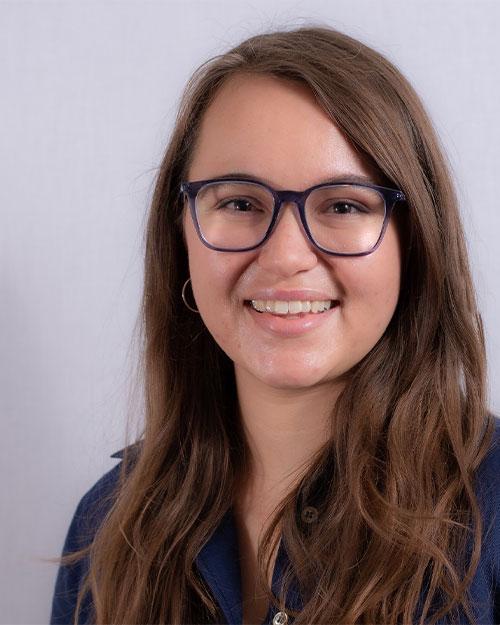
Elisa Guerrero
Elisa Guerrero is originally from Denver, Colorado. She earned her bachelor’s degree in Community and Environmental Sociology from the University of Wisconsin-Madison. She has worked for the City of Monona, Wisconsin as the Sustainability Coordinator and Planning Assistant, tracking the City’s transition to clean energy sources and advancing other sustainability initiatives. Additionally, she worked for the Foundation for Dane County Parks on environmental engagement programs and furthering the organization’s equity and inclusivity goals. Through UEP and the REPP Fellowship, Elisa hopes to explore the connections between climate justice and public health.
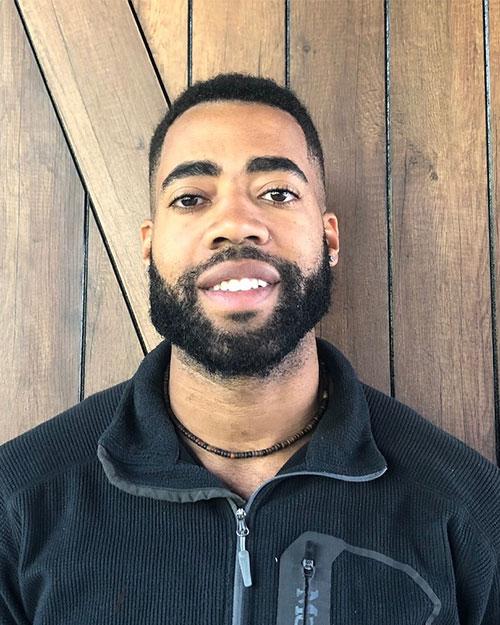
Patrick Houston
Patrick Houston (he/him) is a passionate organizer and activist originally from Philadelphia, PA. He spent most of the last five years building grassroots political power in low-income Black and Latinx communities in New York, with a focus on climate change and inequality. There he organized in communities most impacted by climate change; fought successfully to defeat a proposed fracked gas pipeline and a power plant; and led the organizing to pass New York’s landmark Local Law 97, which will cut pollution from the city’s largest emissions source, buildings. Patrick is a grateful alum of the Community College of Philadelphia and holds a B.A. from Swarthmore College in political science and environmental policy.
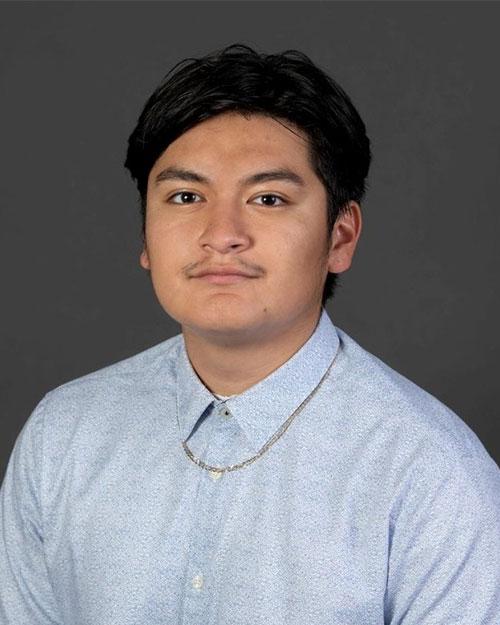
Kobe Hurtado
Kobe Hurtado comes to Tufts UEP from Boston College, where he was a McNair Scholar and student leader and mentor with the Thea Bowman AHANA and Intercultural Center. Kobe holds a B.S. in Business Administration. He is a first-generation student of Ecuadorian descent who enjoys exploring Boston and immersing himself in communities found throughout the city. His experiences growing up in the city of Newark and personal background have shaped his interest in urban & environmental policy and planning.
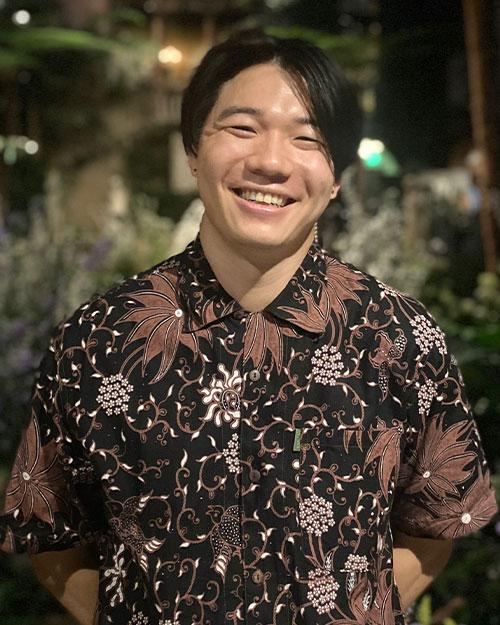
Erwin Li
Erwin Li (he/him) was born in San Diego, CA, and grew up in a family and community of first-generation Chinese immigrants. For years, he’s served as an educator and advocate for local and regional food sovereignty. Now, he hopes to advance models of collaboration, co-ownership, and co-governance that grow shared wealth and power for working-class communities of color. Erwin holds a B.A. in Global Affairs from Yale University. In his free time, he loves to cook, bike, watch movies, and be part of intentional community.